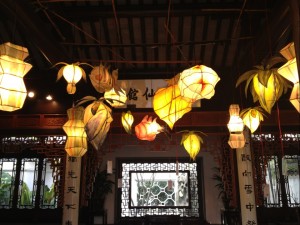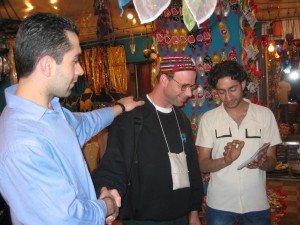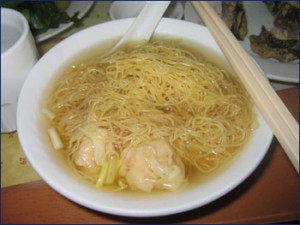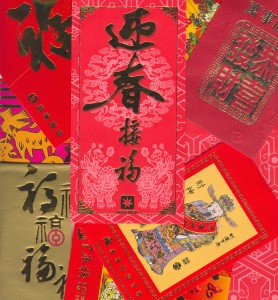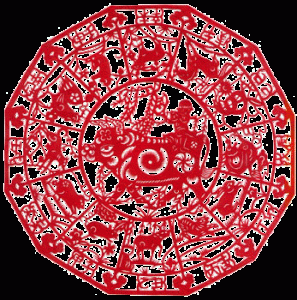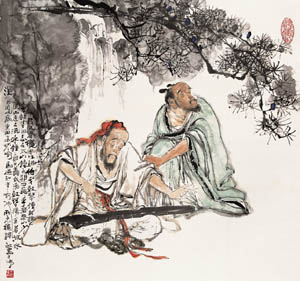 Svetlana Spajic came on the stage and gave a simple bow. Dressed in traditional Serbian outfit she looked like a little ethnic doll. When she sang her voice was robust and rhythmic and the notes were sustained by strong pulses . Svetlana sang traditional Serbian and Balkan songs unaccompanied to a packed house at Counter Pulse. For nearly an hour she sang with great energy.
Svetlana Spajic came on the stage and gave a simple bow. Dressed in traditional Serbian outfit she looked like a little ethnic doll. When she sang her voice was robust and rhythmic and the notes were sustained by strong pulses . Svetlana sang traditional Serbian and Balkan songs unaccompanied to a packed house at Counter Pulse. For nearly an hour she sang with great energy.
“She smokes,” said Dore, who interviewed her last week in his radio show, “don’t know how she can sing like this.”
Svetlana was joined by the American women vocal ensemble Kitka in the second half. I was struck by the new faces on stage. Years have lapsed since I last heard the group and their members used to frequent Clarion. Some have retired and others left for their own career, but Kitka still maintain their unmistakable sound. Women voices, strong, lush, and the chest voice gives resonance and purity like that of adolescents.
We went to say hello to Svetlana after the concert.
“Was it too long?” she asked, then made her own conclusion, “my solo was too long.”
Not when you get to hear something so rare by driving to the Mission instead of traveling over six thousand miles to Serbia.


